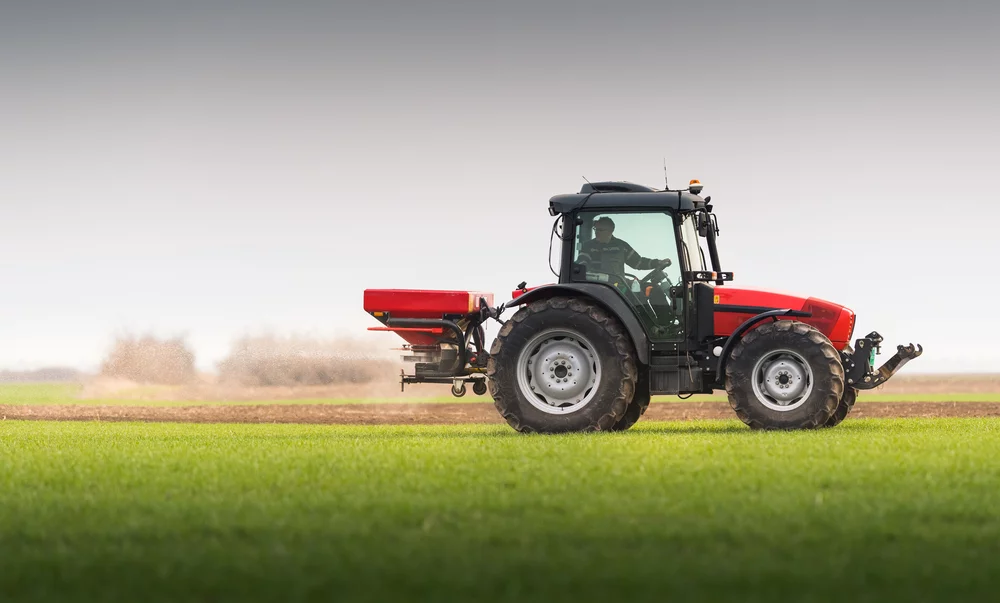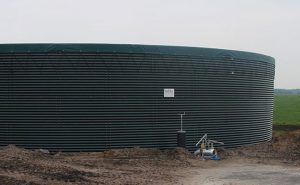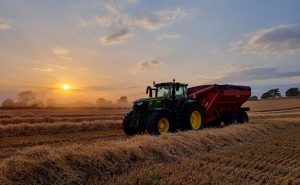Digestate Spreading Benefits

The increasing demand for digestate spreading services is slated as being due to the recognition that the agricultural service has gained because of the overarching fertilisation benefits and the sizable savings that it can offer farmers. Removing the need for the application of artificial fertilisers, digestate spreading is both cost-effective and has been proven to be overall more beneficial to the environment.
Handling and spreading of digestate should always be carried out by agricultural experts, utilising slurry spreading equipment to ensure that the contracting operation is carried out to the highest standard for maximum effectiveness and reduced risk of pollution to the local environment.
Digestate spreading advantages
As an increasingly favourable alternative to slurry spreading, digestate spreading has proven itself to be a great organic fertiliser that offers valuable nutrients that can vastly improve soil quality resulting in a potentially increased output of healthier crops. Produced through the process of anaerobic digestion, during which time microorganisms are starved of oxygen, digestate is made up of silage and slurry materials derived from livestock mixed with any surplus foodstuffs and feed.
Digestate contains core nutrients which can stimulate the growth of crops due to the high levels of nitrogen, phosphate and potash, alongside trace amounts of other nutrients that increase the efficiency of the soil. The naturally high level of nitrogen is a better organic option in place of artificial nitrogen enhanced fertiliser and offers an increased ROI for farmers.
Nutrient levels will vary when using digestate due to the natural composition of the material, therefore tests to reveal the levels of nutrients already in the soil will need to be carried out to ensure the right amount is applied and at the right time.
Application of digestate spreading
Digestate is utilised as a whole product which can then be spread on the land using pieces of machinery such as tankers or umbilical pipelines. The digestate can also be separated into fibre material and liquid, in order to gain different levels of nutrients from each product. The liquor product is more easily spread on the land and applied to growing crops, however, it can be more prone to run-off. The solid product is useful as a soil conditioner or following aerobic composting allowing for stabilisation of the soil.
We offer a full spreading application service available to farmers across the UK. We begin by performing soil sampling, using our quad bike GPS system. This allows us to obtain a ‘W’ sample pattern or specific GPS sample of each hectare on our clients land. We can then use these to create a variable rate application map. Our Agrispread and KRM spreader machinery is then used to apply fertiliser to the land, which allows us to accurately measure and apply the product to the land at a variable rate for accuracy.





